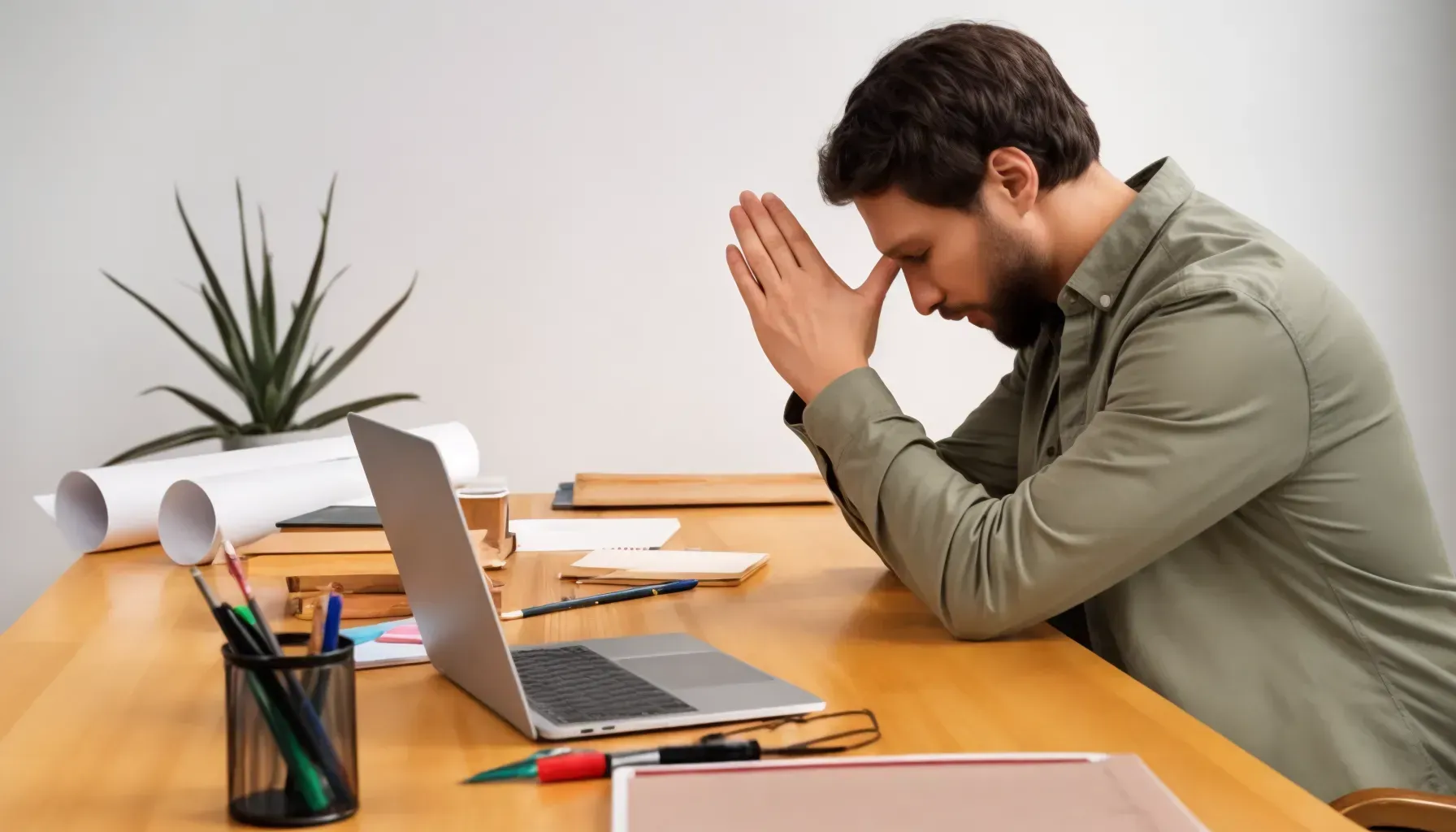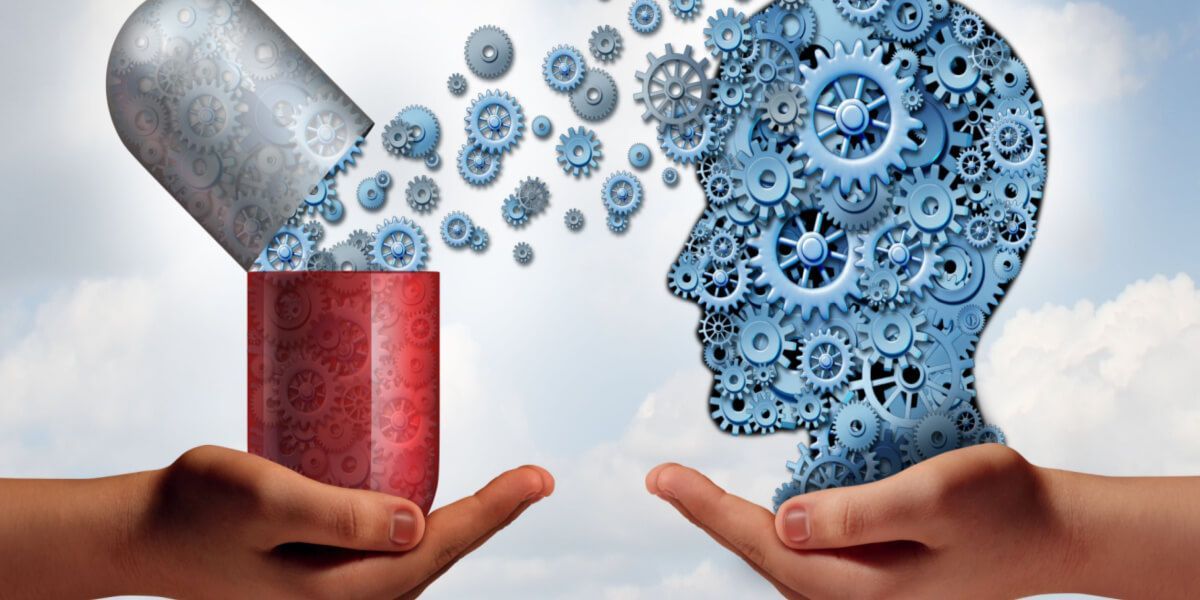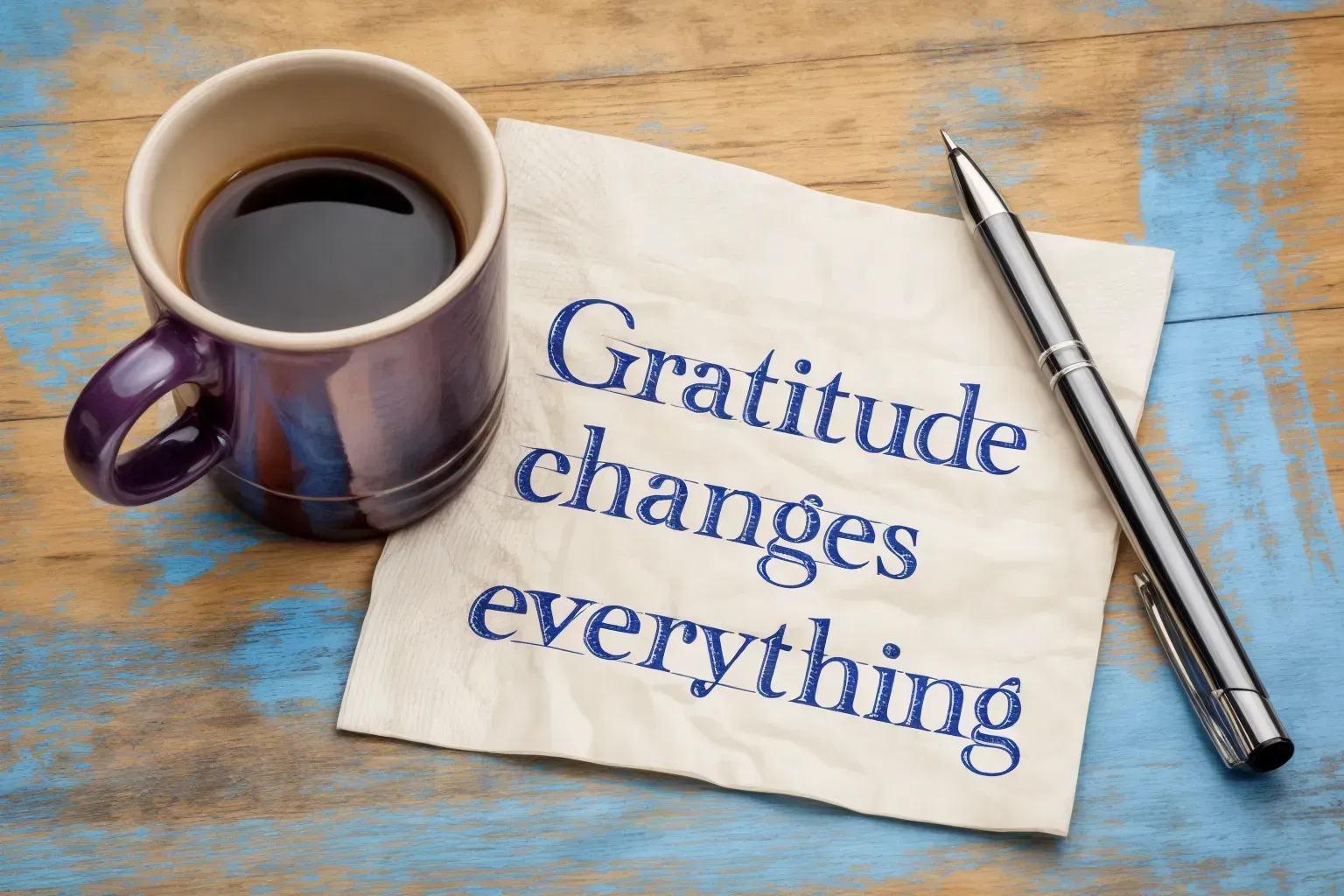Explore Our Blog
Addiction Part 7: Getting Help
Advance Minds Blog
A safe space to explore subjects within the community such as mental health, substance abuse and personal identity.
Our safe space also provides the opportunity for real individuals to express their hardships and success through writing.
Addiction is isolating, but recovery is not something anyone has to do alone.
Getting help is the turning point—not just to stop harmful behaviors, but to start building a new life.

Support, structure, and the right guidance can make the path forward not only possible, but hopeful.
Reaching out for help is not a sign of failure—it’s the first powerful step toward healing.
🧠 Understanding that addiction is treatable
No matter how long addiction has been part of someone’s life, it can be treated.
Change is possible, even after years of struggling.
Recovery doesn’t just mean abstaining—it means growing, rebuilding relationships, and creating new ways to cope.
Different people need different kinds of support.
There’s no “right” way to get help—only the right fit for each person.
💬 What does getting help look like?
Recovery options range from medical to emotional to community-based supports:
👥 One-on-one therapy or counselling
🏥 Inpatient or outpatient rehab programs
🤝 Peer-led support groups (like AA, NA, SMART Recovery)
🧠 Psychiatric support for co-occurring disorders
📲 Online recovery communities and resources
What matters most is starting somewhere—no step is too small.
🧩 Why support makes all the difference
Addiction thrives in secrecy and shame. Support breaks that silence.
When people feel understood, they’re more likely to stay in recovery. Community helps rebuild trust.
Therapy uncovers root causes. Guidance helps navigate relapse triggers.
With the right support system, recovery feels less like a fight—and more like a journey forward.
🛠 Building a personalised recovery plan
There’s no universal recovery path. Effective help should be:
🔍 Tailored to the individual’s needs
🕰️ Adjusted over time as things change
⚖️ Balanced between structure and flexibility
❤️ Focused on both short-term wins and long-term healing
Recovery isn’t just about not using—it’s about learning how to live differently.
🌱 The role of self-compassion
No one is perfect in recovery. Slips may happen.
Emotions will be raw. Healing takes patience and self-kindness.
🧘 Talk to yourself like you would a friend
💭 Replace judgment with curiosity
🧠 Focus on progress, not perfection
🌄 Celebrate the small victories
Shame keeps people stuck. Self-compassion helps them move.
🌿 Final thoughts 💞🌈
Getting help for addiction isn’t just about stopping the behavior—it’s about reclaiming your life. It’s about finding safety, building new habits, healing from pain, and reconnecting to yourself and others.
No matter where you’re starting from, the next step matters. Reach out. Get support.
You don’t have to do it alone.
















